Kathmandu, Nov 1: The Nepal government and manpower agencies have jointly opposed Malaysia’s new 10-point standard set for recruitment companies from five countries, including Nepal. The Malaysian Foreign Ministry, through an official letter, requested that Nepal submit details of companies meeting the criteria by November 15, 2025.

The Ministry of Labor, Employment, and Social Security confirmed receiving the letter through Nepal’s Foreign Ministry and said it is holding consultations before taking a position. Both the government and recruitment agencies have raised strong objections, calling the move discriminatory and an attempt to impose a syndicate.
The Nepal Association of Foreign Employment Agencies (NAFEA) held a press conference on Thursday denouncing the standards, while the Labor Ministry issued a statement expressing “serious concern.” Spokesperson Pitambar Ghimire said the ministry is aware of reports suggesting efforts to favor a select few agencies and will make decisions in line with Nepal’s constitution, foreign employment law, labor policy, bilateral agreements, and international labor standards.
Prime Minister Sushila Karki has also directed Labor Secretary Dr. Krishna Hari Pushkar to study the issue and assess its potential impact. She met with ministers and senior officials, including Finance Minister Rameshwar Khanal and Law Minister Anil Kumar Sinha, to coordinate a diplomatic response. Following the meeting, officials concluded that Malaysia’s 10-point document is only a proposal, not a final policy, and that Nepal will push for a bilateral solution ensuring fair and safe labor migration.
Agencies Warn of Protests
NAFEA President Bhuvan Singh Gurung accused Malaysia of trying to monopolize the labor market. He warned that Nepali agencies would not submit any names for Malaysia’s list and threatened to halt all worker deployments if the rule is enforced. “If Malaysia insists, we will stop sending workers altogether,” he said, accusing some Nepali actors of supporting the syndicate effort.
Recruiters argue that licensing and regulation fall under Nepal’s jurisdiction, not Malaysia’s. Nearly 900 of Nepal’s 1,200 recruitment firms are engaged in the Malaysian labor market, making the proposed change a major concern for the sector.
Malaysia’s 10-Point Standard
According to Malaysia’s Ministry of Human Resources, eligible agencies must:
- Have at least five years of valid operation
- Have deployed 3,000 workers in the past three years
- Have sent workers to at least three countries in the past five years
- Hold valid authorization for training, recruitment, and deployment
- Possess a good conduct certificate from their home country
- Have no record of forced labor, trafficking, fraud, or extortion
- Submit testimonials from foreign employers who recruited through them
- Operate from a permanent office with at least 10,000 square feet of space and adequate facilities
- Provide documents proving compliance with all legal and procedural requirements in Malaysia
Malaysia’s new criteria would reportedly allow only about a dozen large Nepali agencies to continue sending workers there. The Nepali side is now preparing diplomatic and policy responses to ensure that the final agreement protects workers’ rights and fair competition among agencies.
People’s News Monitoring Service





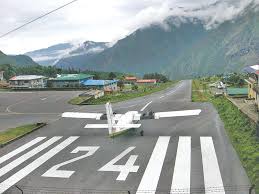
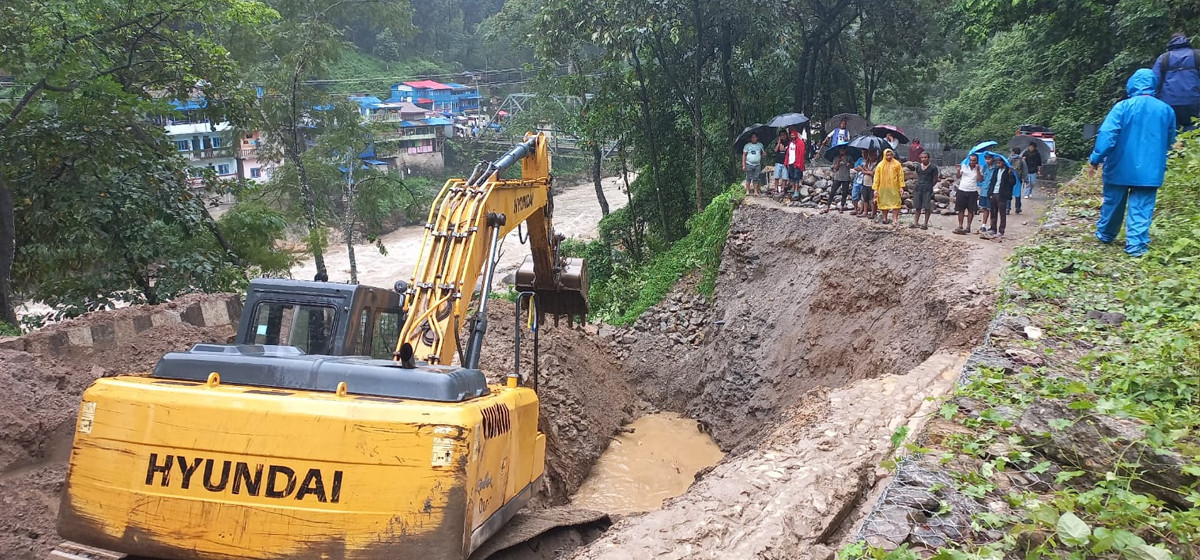
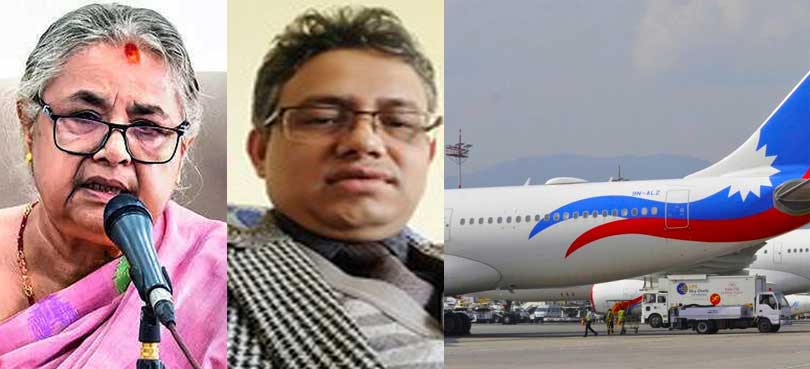
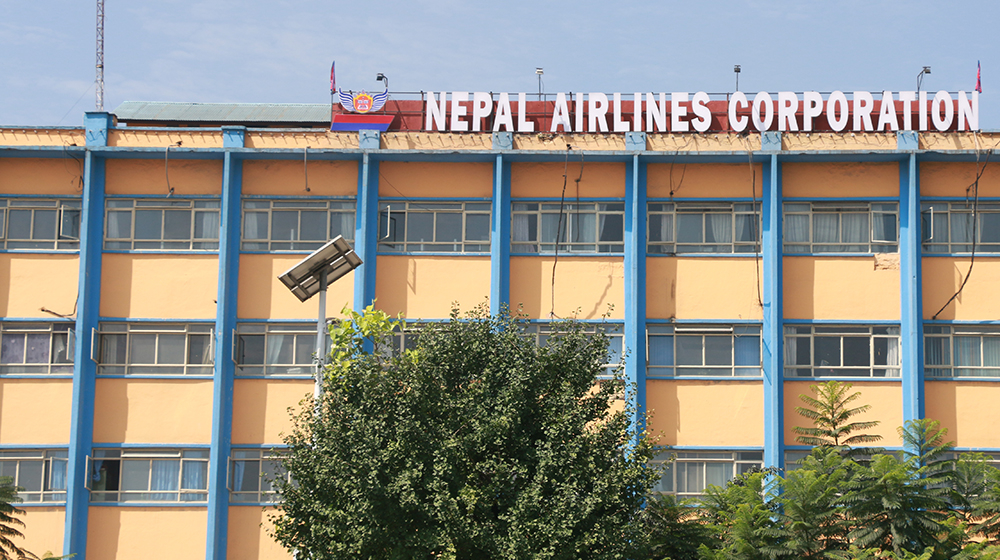

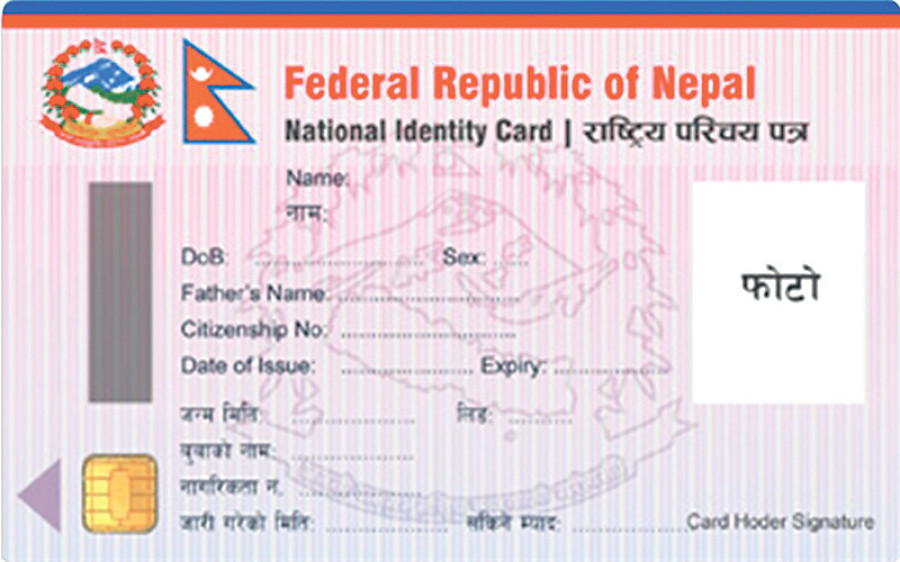


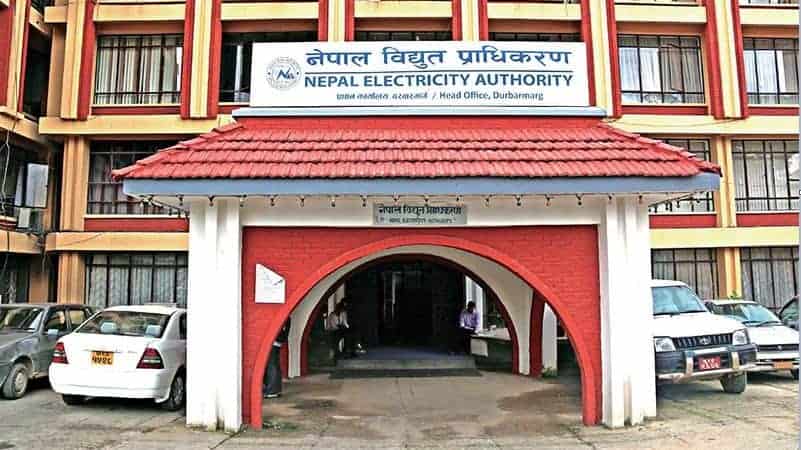
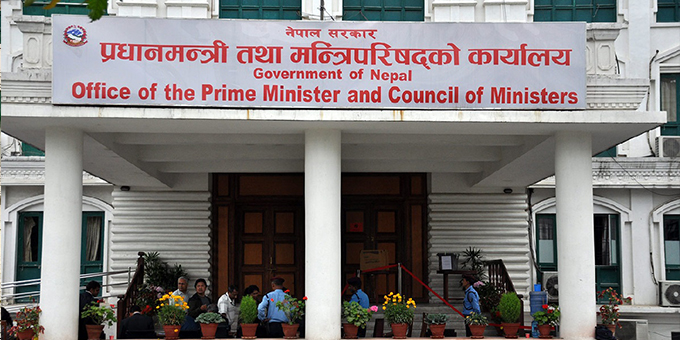
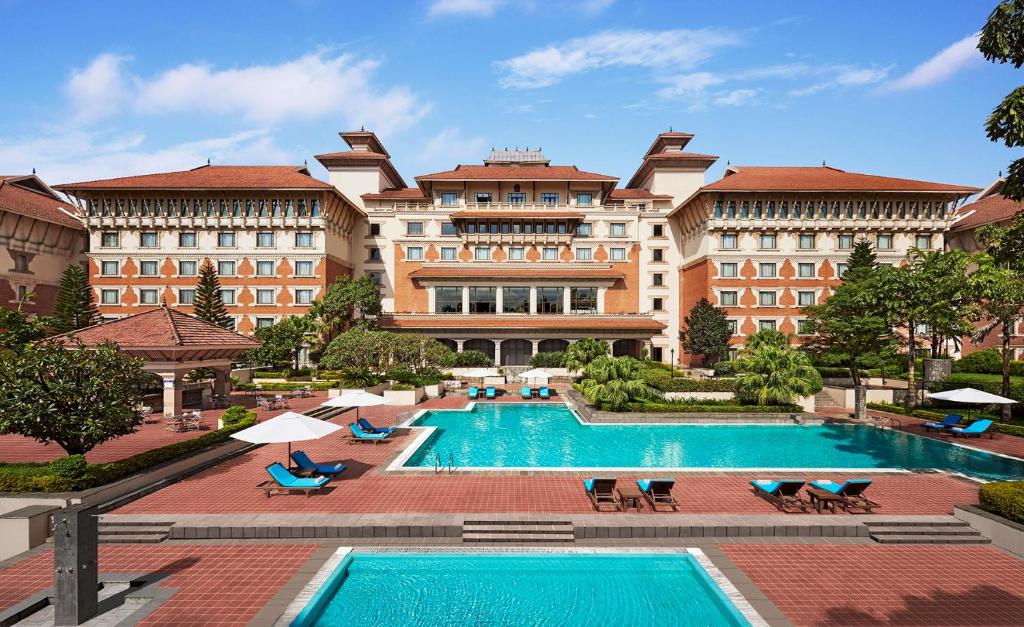
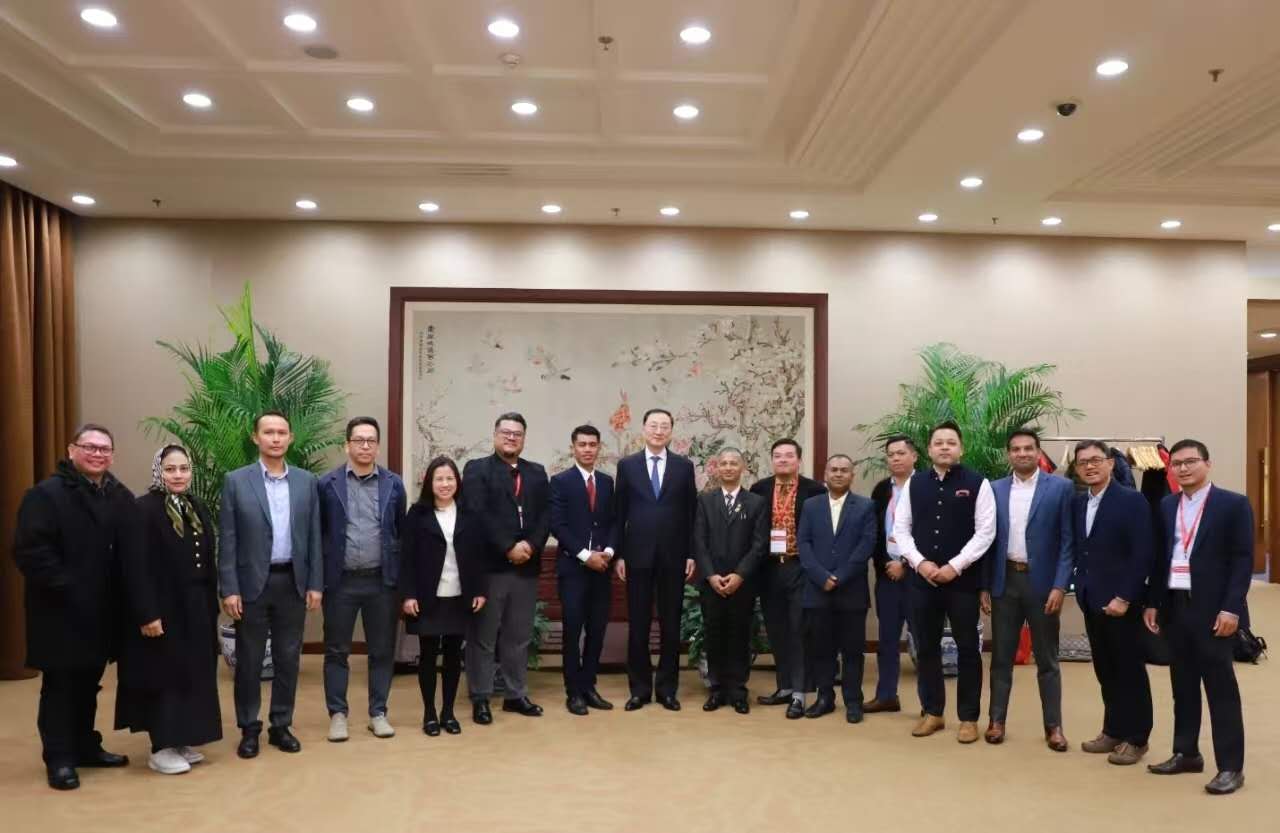
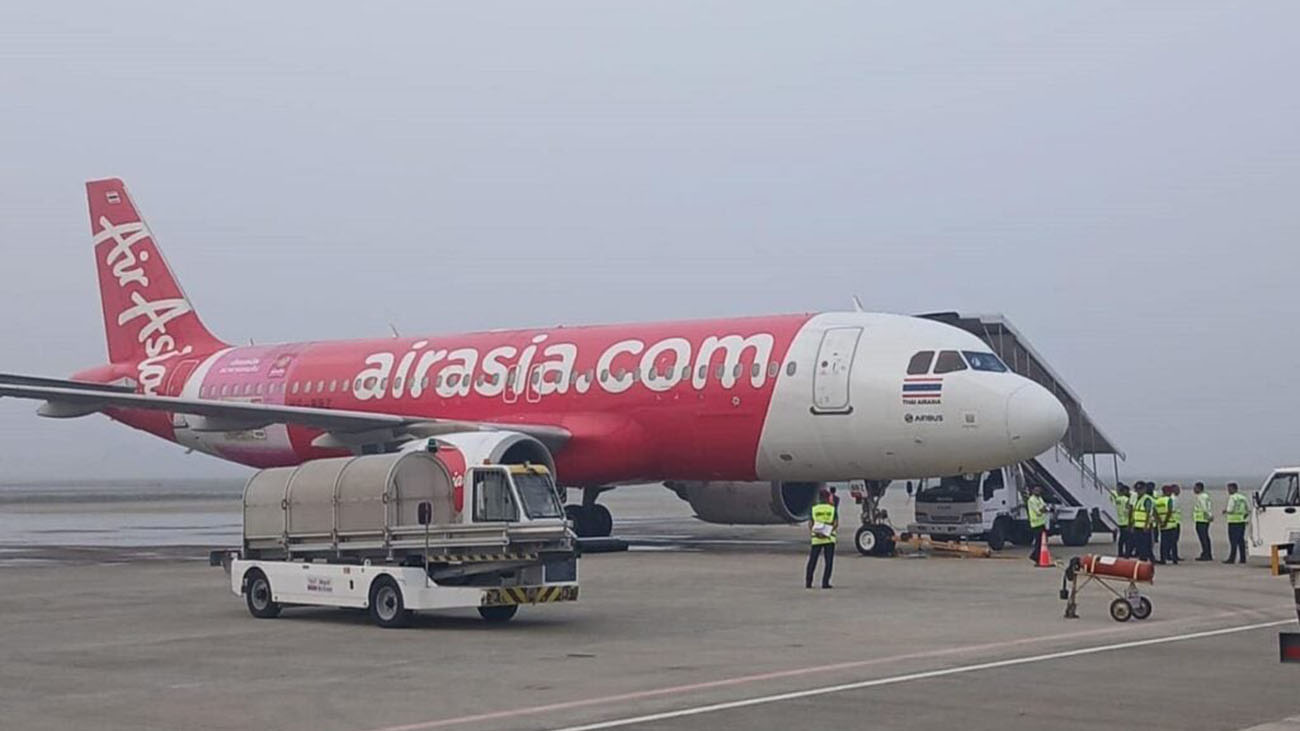

Comments:
Leave a Reply